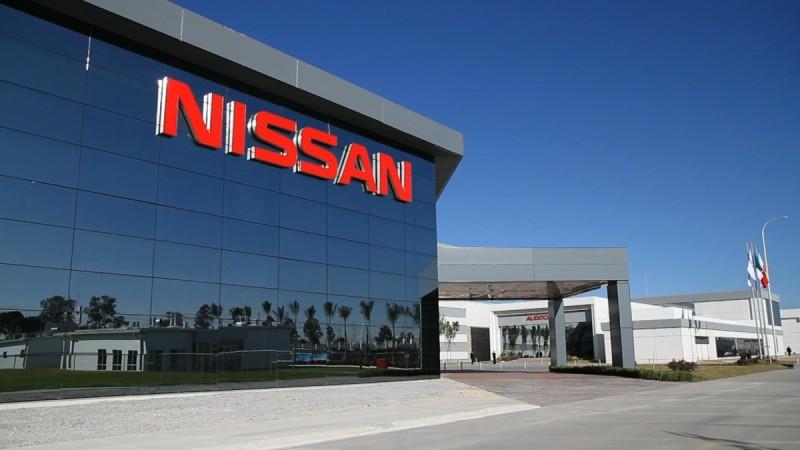
The Permanent Court of Arbitration in Singapore has rejected India's argument that the court does not have jurisdiction to decide regarding a case brought against India by Japan's Nissan Motor, according to a Reuters report.
A source associated with the case revealed that had India won the plea, the case would have been "thrown out". the Indian government is likely to file an appeal to the Supre Court of Singapore.
In 2016, Nissan had sent a legal notice to the Indian Prime Minister Narendra Modi's administration claiming that over Rs 2900 crores in unpaid incentives and Rs 2100 crores in damages, plus interests and other costs, were due from Tamil Nadu for setting up a car manufacturing unit in the state.
The Japanese car company brought the case against India for allegedly violating the Comprehensive Economic Partnership Agreement (CEPA) the country has with Japan. The CEPA gives some protections to Japanese firms investing in India and vice versa.
According to the source, India agreed to have the arbitration in Singapore and filed a plea in 2017 on the grounds that the arbitration court in Singapore does not have the authority to rule on the case for many reasons, including that it was a tax-related matter outside the purview of the CEPA with Japan.
The international tribunal in a 140-page order dated April 29, denied India's objections, saying it has the authority to rule on the matter and would hold the final hearing in February 2020 after submission of evidence and arguments from both sides.
The Tamil Nadu government, meanwhile, has been trying to settle the matter with Nissan since last year but has failed to come to an agreement on the final terms.
"All obligations would be honoured," said N Muruganandam, principal secretary to Tamil Nadu government's industries department, adding he hopes to finalise a deal within a month.
According to a statement released by Nissan, the company said that it "continues to work with the government to resolve this matter".
The case is one of the many arbitration proceedings against India by investors including Vodafone Group, Cairn Energy and Deutsche Telekom over issues ranging from retrospective taxation to payment disputes.
Though India has lost investment treaty arbitration cases in the past, there is no clarity yet on the legal position when it comes to enforcement of awards or rulings, said Moazzam Khan, head of global litigation at law firm Nishith Desai Associates.
In the past, India has either complied or settled the issue prior to the award, he added.
If the two decide to settle, Nissan, which has only about 1% share of India's passenger car market, has the option to withdraw its arbitration case against India.

















